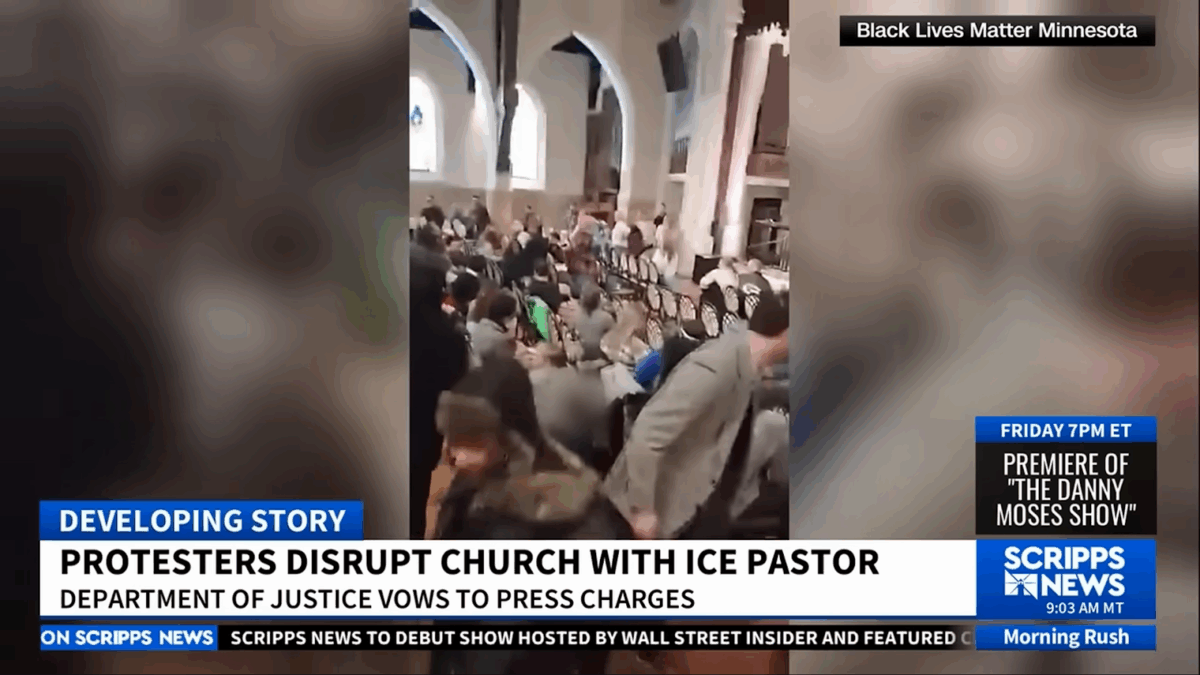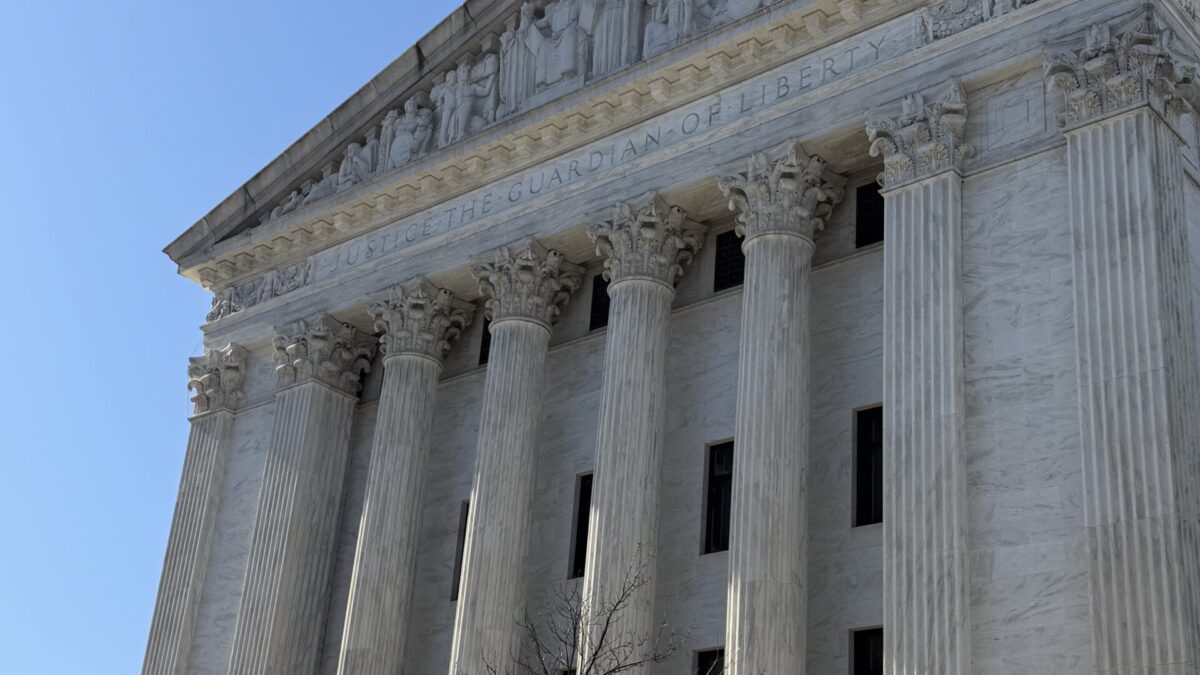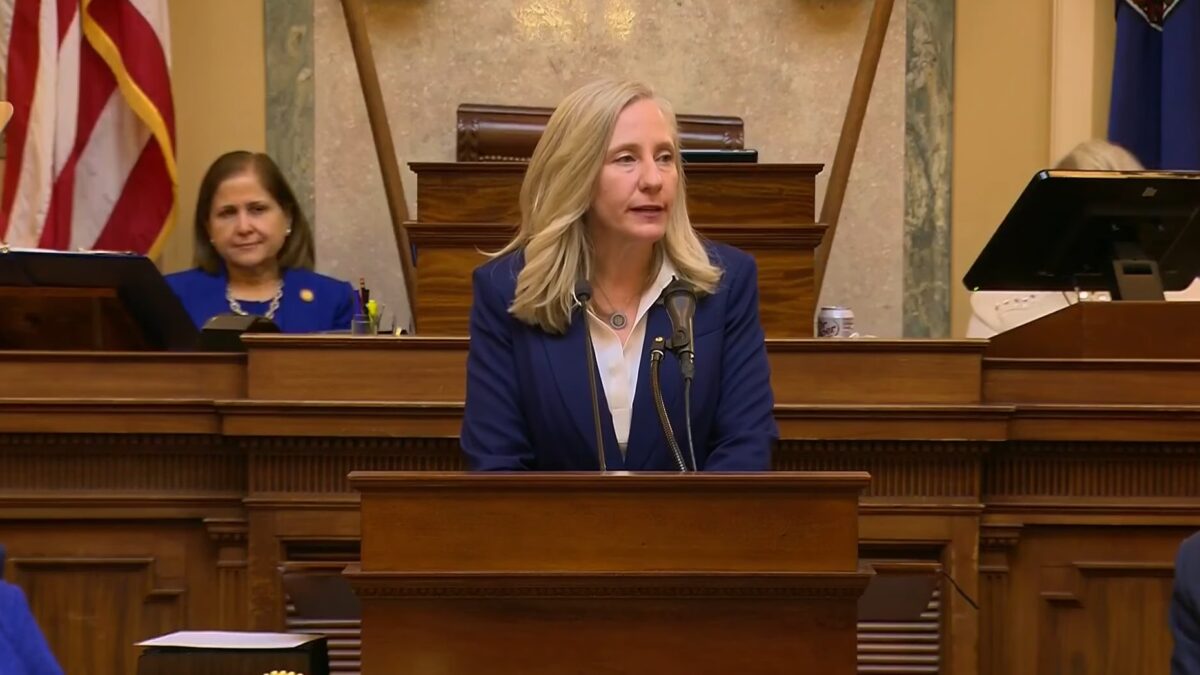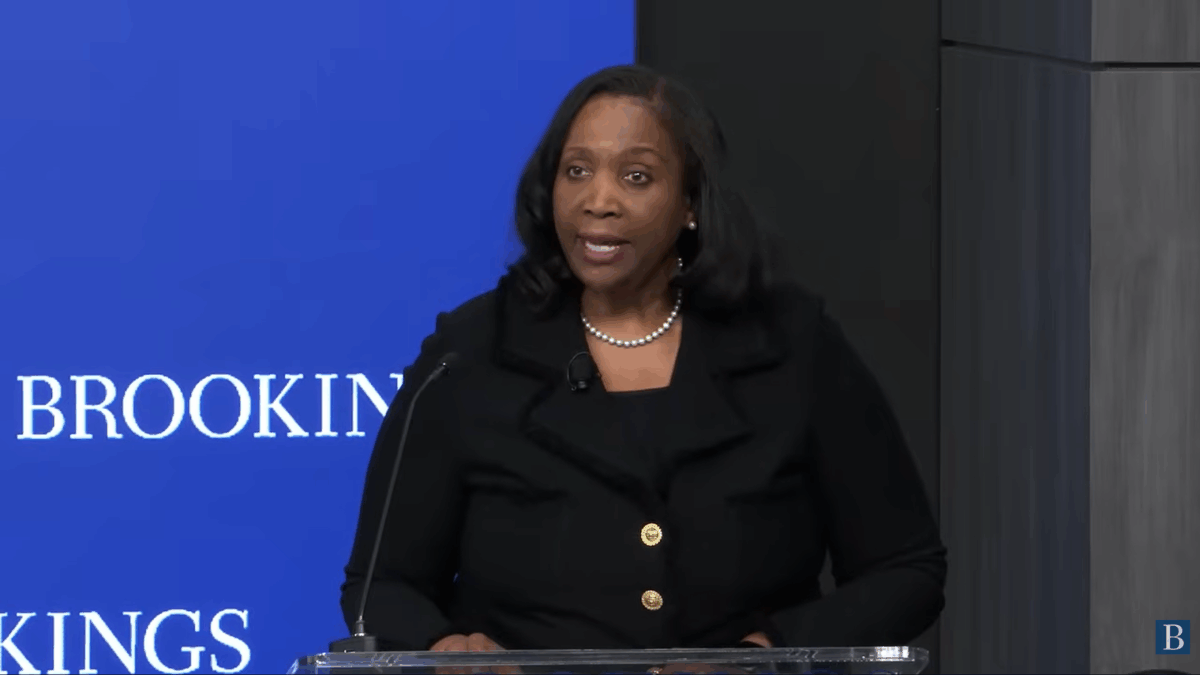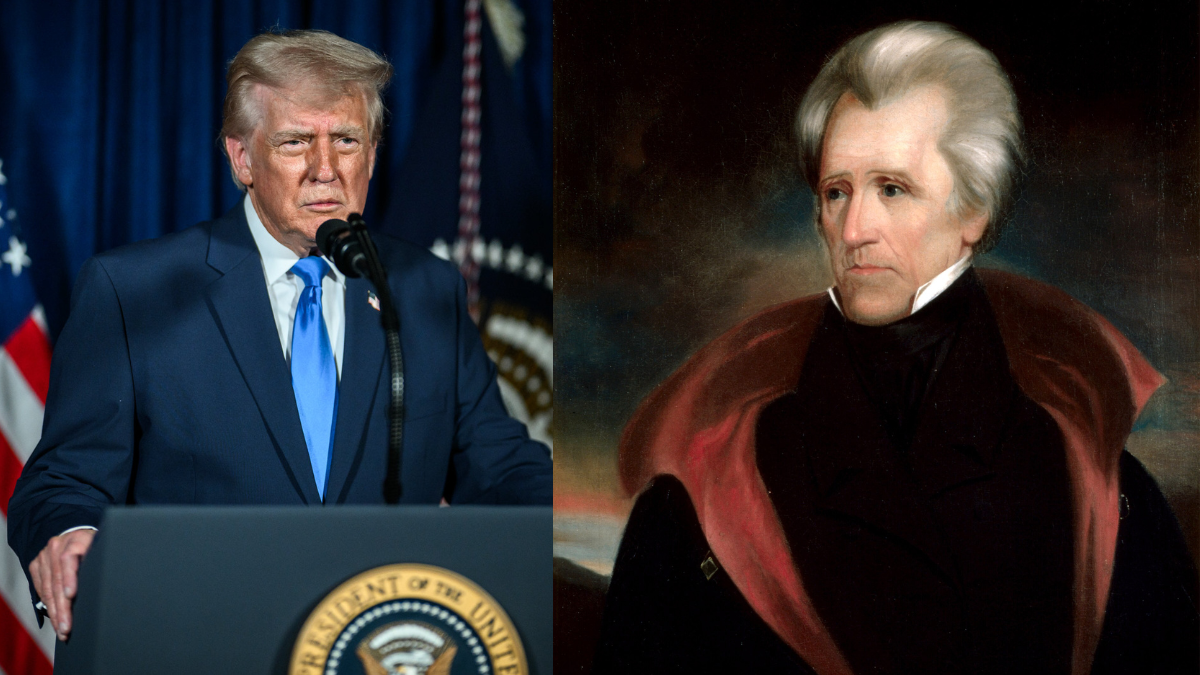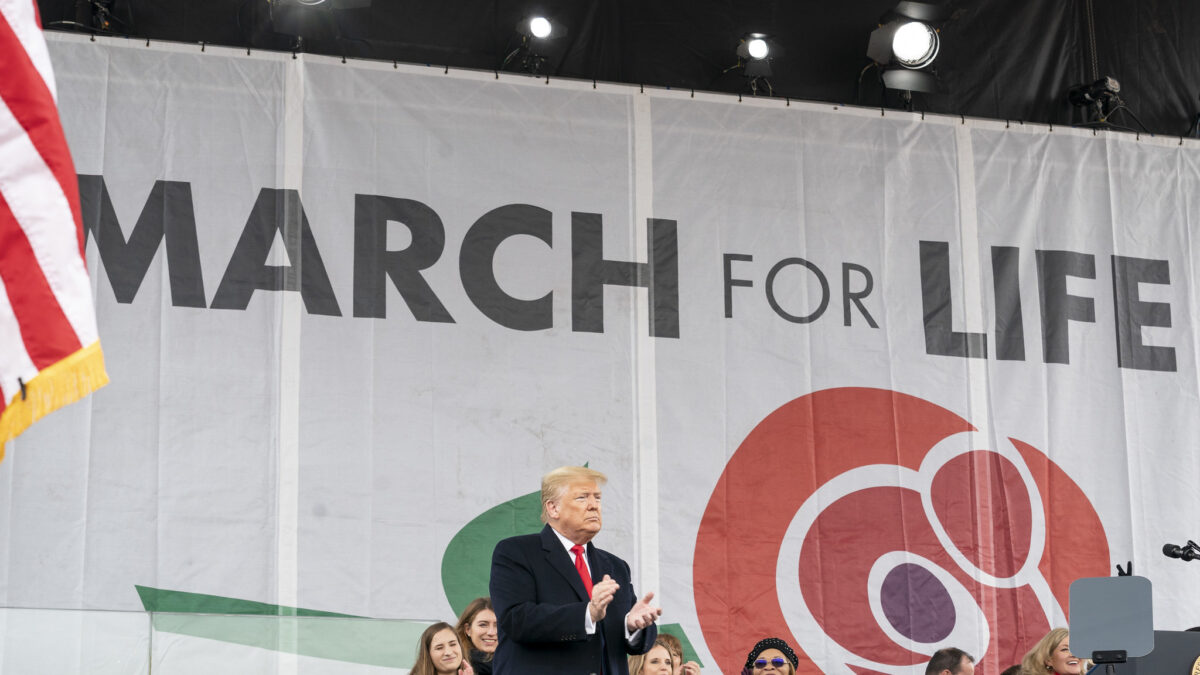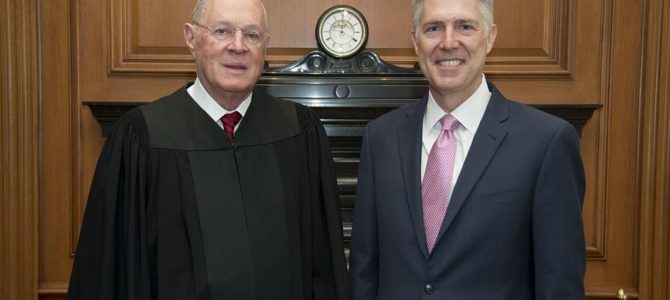
If Tuesday’s oral argument is any indication, the year-long anticipation for the Masterpiece Cakeshop Supreme Court showdown will result in a narrow opinion that provides little clarity in the continuing conflict between culture and religious liberty.
By now the basics are well-known: When a homosexual couple asked Jack Phillips, the owner of the Colorado-based Masterpiece Cakeshop, to design a wedding cake for them, Phillips informed the pair that he could not, in conscience, create a cake to celebrate a same-sex marriage. The men filed a complaint with the Colorado Civil Rights Division, claiming Masterpiece Cakeshop “discriminated against them in a place of public accommodation” because of their sexual orientation.
An administrative law judge (ALJ) found in favor of the couple and ordered Masterpiece to provide wedding cakes to same-sex couples. The seven-member Colorado Commission on Civil Rights upheld the ALJ’s decision. The Colorado Court of Appeals affirmed the commission’s conclusion that Masterpiece Cakeshop violated the state’s anti-discrimination law.
The state appellate court also rejected Masterpiece’s argument that compelling Phillips to use his artistic talents to create a cake for a same-sex marriage violated his free speech and free exercise of religion rights. Masterpiece Cakeshop then appealed to the U.S. Supreme Court.
That brings us back to Tuesday, when the Supreme Court heard oral argument. While there is always a risk of reading too much into the justices’ questions, there is often much to be gleaned. And so it was in this case.
We Like Free Speech, But Not Yours
The oral argument quickly revealed that Phillips’ free speech claim lacked traction, with the justices demanding to know the dividing line between protected artistic expression and unprotected services: If cakes receive constitutional protection, what about an exquisitely prepared meal? What about makeup artists—“It’s called an artist,” Justice Elena Kagan quipped—or florists or hairdressers?
Then came the death knell from Justice Anthony Kennedy, as he addressed Masterpiece Cakeshop’s attorney: “But the problem for you is that so many of these examples — and a photographer can be included — do involve speech. It means that there’s basically an ability to boycott gay marriages.” With this comment, Kennedy rendered it next to impossible to envision the Supreme Court cobbling together a majority finding for Masterpiece Cakeshop on its free speech claim.
But Kennedy had earlier hinted that the free speech issue wasn’t his concern, when he asked a quick question on that claim, with this prefatory comment: “[J]ust one more thing, and then we’ll leave this part alone, at least as far as I’m concerned” (emphasis added).
What did concern Kennedy was evidence that the Colorado Commission on Civil Rights held an anti-religion animus. Here, the swing justice cited one commissioner’s comment that “freedom of religion used to justify discrimination is a despicable piece of rhetoric.” Chief Justice John Roberts and Justice Neil Gorsuch added their voices to this criticism, with Gorsuch casting comments from a second commissioner as anti-religion.
At this point, Justice Samuel Alito interjected his own similar concerns:
One thing that’s disturbing about the record here, in addition to the statement made, the statement that Justice Kennedy read, which was not disavowed at the time by any other member of the Commission, is what appears to be a practice of discriminatory treatment based on viewpoint. The — the Commission had before it the example of three complaints filed by an individual whose creed includes the traditional Judeo-Christian opposition to same-sex marriage, and he requested cakes that expressed that point of view, and those — there were bakers who said no, we won’t do that because itis offensive. And the Commission said: That’s okay. It’s okay for a baker who supports same-sex marriage to refuse to create a cake with a message that is opposed to same-sex marriage. But when the tables are turned, and you have the baker who opposes same-sex marriage, that baker may be compelled to create a cake that expresses approval of same-sex marriage.
When one understands First Amendment jurisprudence, these exchanges together lay out the likely approach a majority of the Supreme Court will take to resolve this case.
How the Court Is Likely to Rule in Light of These Comments
As noted above, in addition to arguing a free speech claim, Masterpiece Cakeshop also alleged a free exercise of religion claim. In analyzing the constitutionality of a law under the free exercise clause of the First Amendment, the Supreme Court applies the test devised in Employment Division v Smith. There, the court held a law that is neutral and generally applicable does not violate the free exercise clause of the Constitution, even if it infringes on an individual’s religious beliefs.
However, the Supreme Court later clarified in Church of the Lukumi Babalu Aye v. City of Hialeah, a law is not neutral “if the object of a law is to infringe upon or restrict practices because of their religious motivation.” The court added: “There are, of course, many ways of demonstrating that the object or purpose of a law is the suppression of religion or religious conduct…Official action that targets religious conduct for distinctive treatment cannot be shielded by mere compliance with the requirement of facial neutrality. The Free Exercise Clause protects against governmental hostility which is masked, as well as overt.”
The author of Lukumi Babalu? Justice Kennedy. The swing vote. The justice who saw little concern with Masterpiece Cakeshop’s free speech claim. The justice who raised the free exercise claim, highlighted the anti-religion sentiments of one of the commissioners, then concluded: “Counselor, tolerance, is essential in a free society. And tolerance is most meaningful when it’s mutual. It seems to me that the state in its position here has been neither tolerant nor respectful of Mr. Phillips’ religious beliefs.”
Here, then, is the compromise, the baby-halved: the court rules in favor of Masterpiece Cakeshop, but not based on broad principles of religious liberty. Rather, the court concludes that Colorado’s commission acted with hostility toward Phillips’ religious beliefs, as demonstrated by the commissioners’ anti-religion comments and refusal to sanction bakers who refused to sell cakes celebrating the traditional meaning of marriage.
I am not alone in my reading of the argument. Georgetown Law School Professor Randy Barnett, who attended the oral argument, tweeted his reaction: “Justice Kennedy did not seem receptive to compelled speech theory. …This would be very narrow fact-specific win for baker based on non-neutrality as in Lukumi.” After studying the 100-page transcript, I couldn’t agree more.
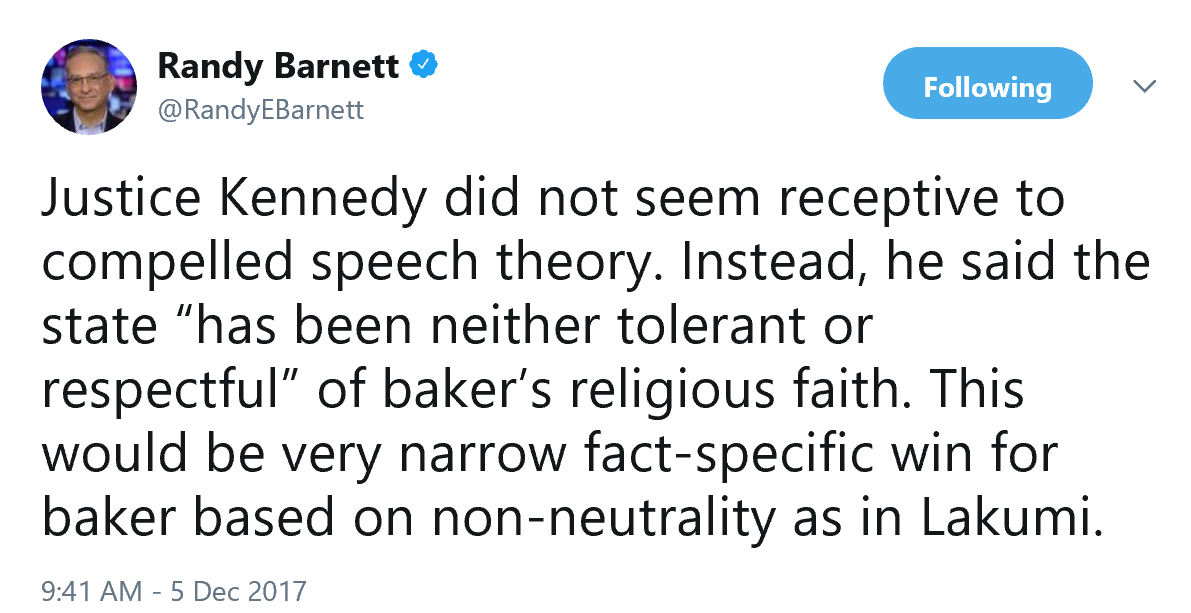
While this will likely be a victory for Phillips, it is not a victory for religious liberty. That fight will wait another day—and another cake.


